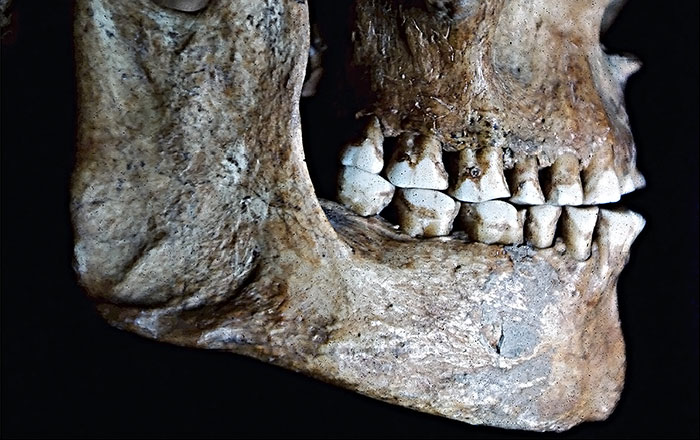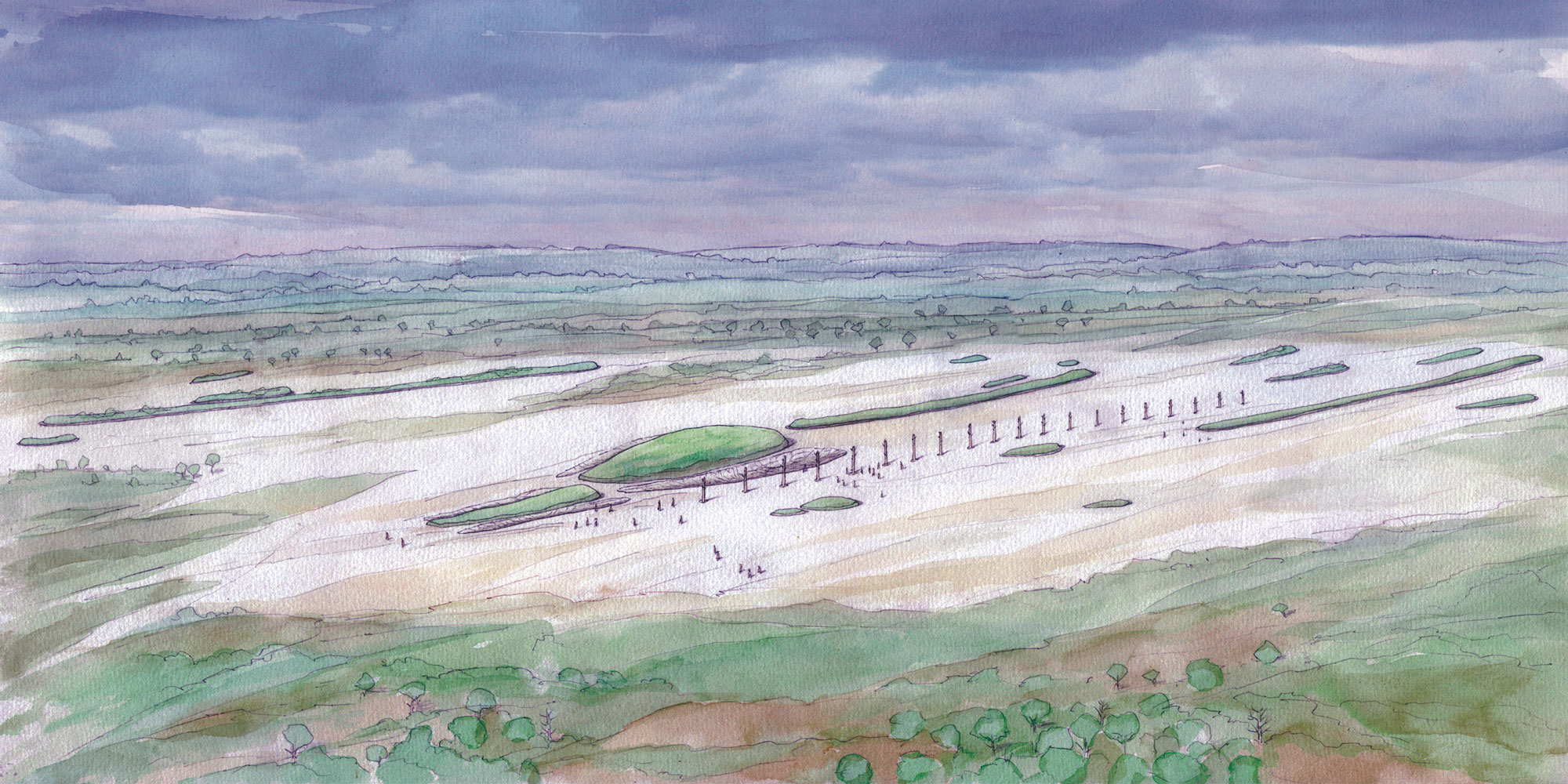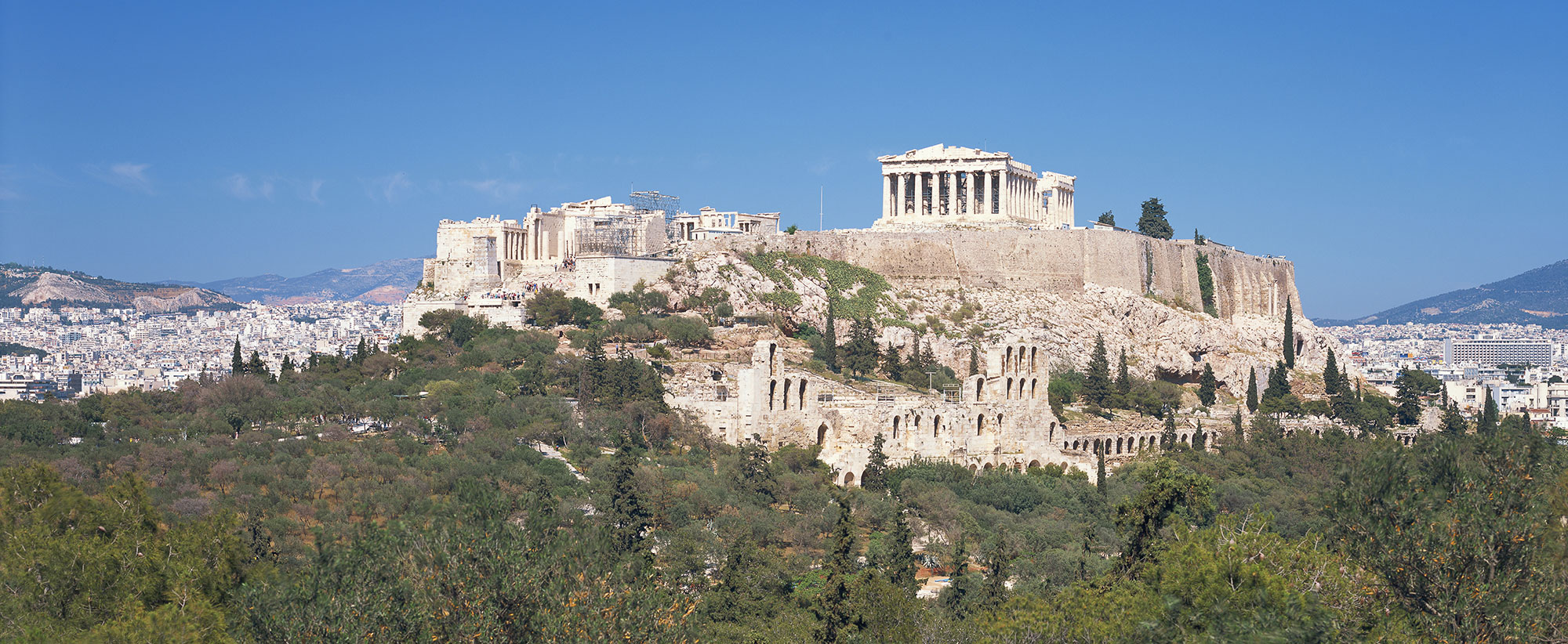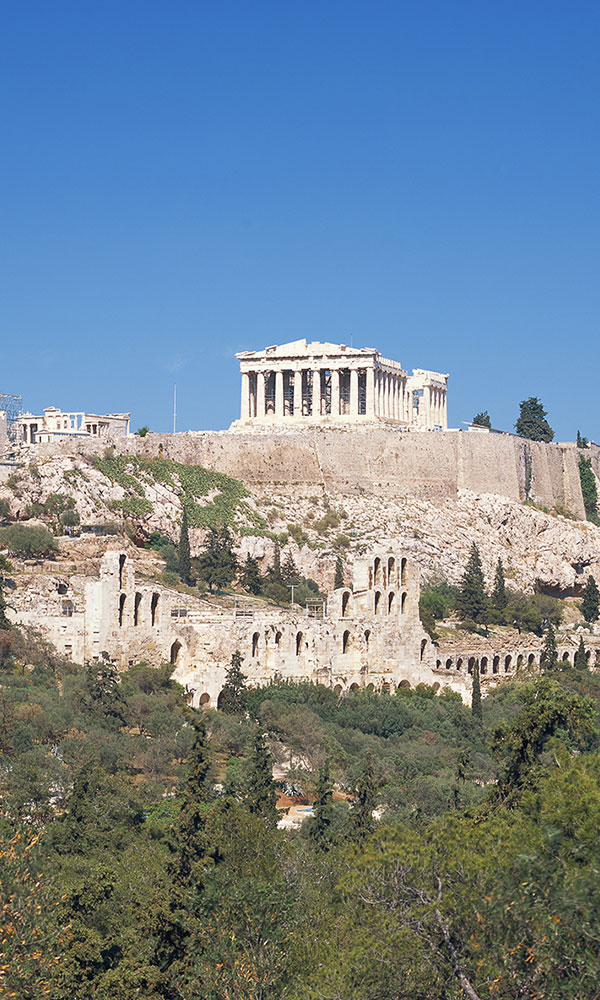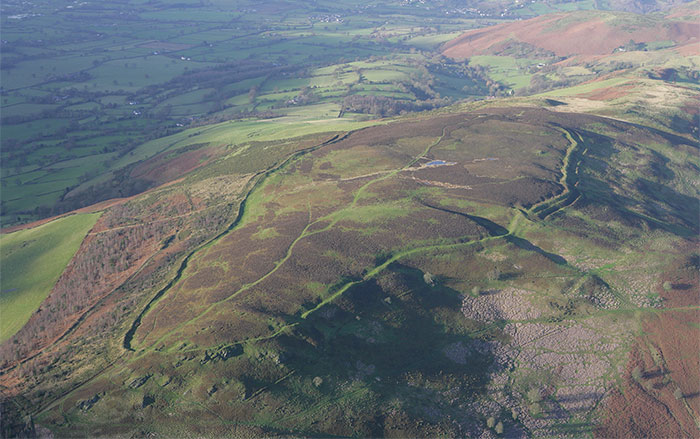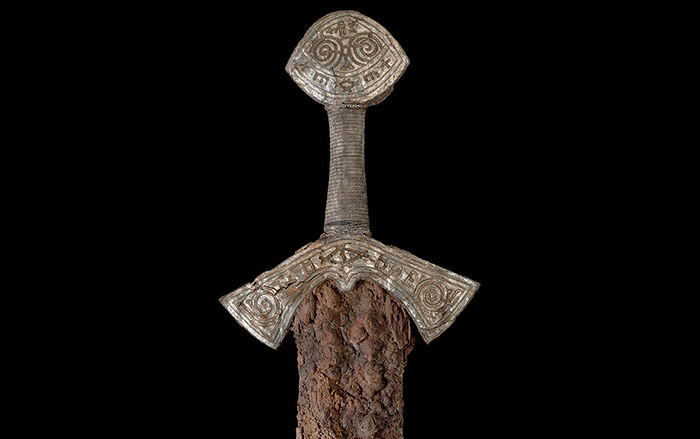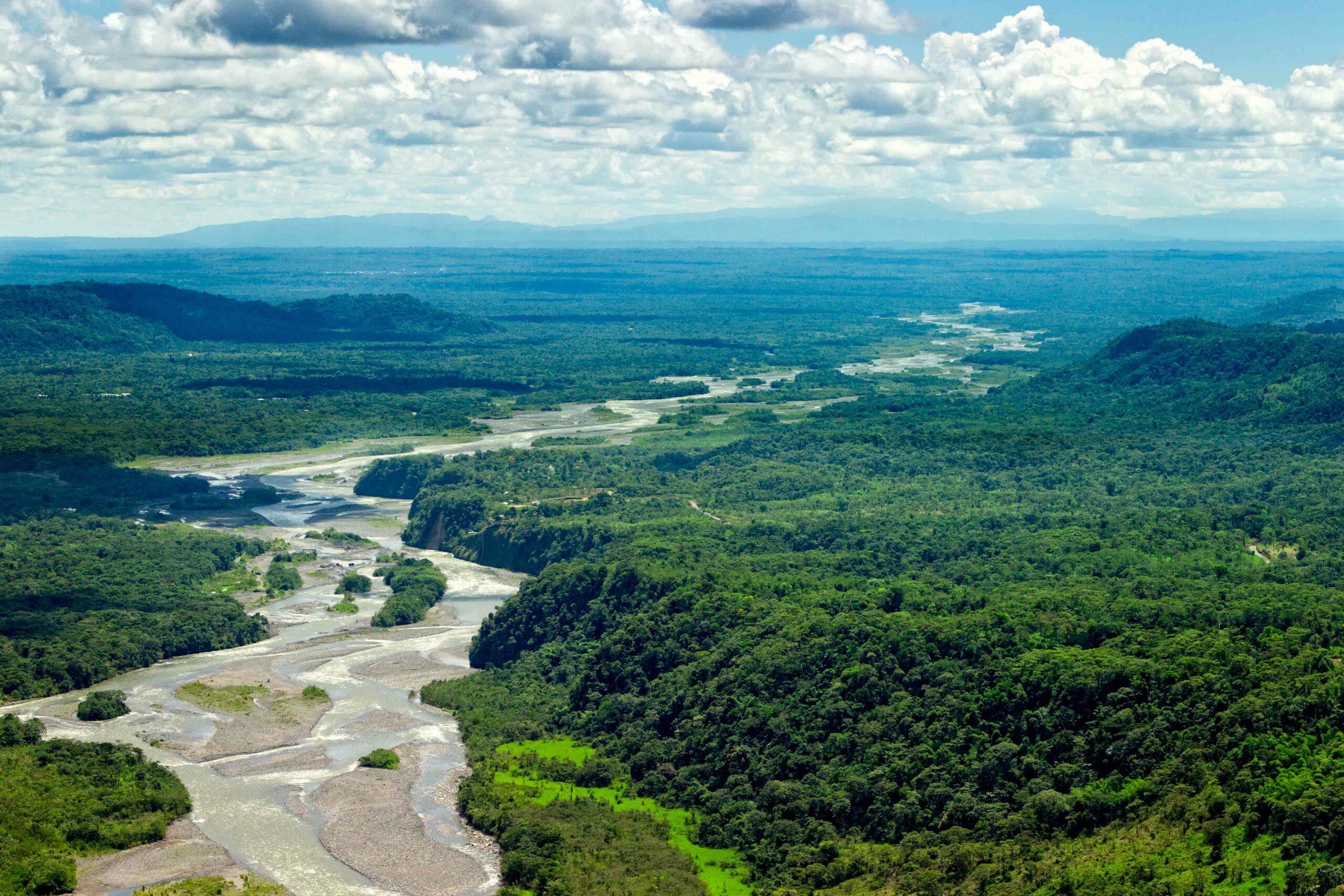
CHARLOTTESVILLE, VIRGINIA—Arctic ice-core climate data from the past 800,000 years supports the idea that human activity has had a warming effect that “cancelled most or all of a natural cooling that should have occurred,” William Ruddiman of the University of Virginia said in UVA Today. He explains that during past interglacial periods, carbon dioxide and methane levels decreased, cooling the climate to make the next glacial period possible. But during the past 12,000 years, these gas levels have risen. Ruddiman argues that carbon dioxide levels began rising 7,000 years ago with the burning of forests to clear land for agriculture, and methane levels began rising 5,000 years ago, with the proliferation of livestock farming and early rice irrigation. “After 12 years of debate about whether the climate of the last several thousand years has been entirely natural or in considerable part the result of early agriculture, converging evidence from several scientific disciplines points to a major anthropogenic influence,” Ruddiman said. For more on climate and archaeology, go to "Surviving the Little Ice Age."



